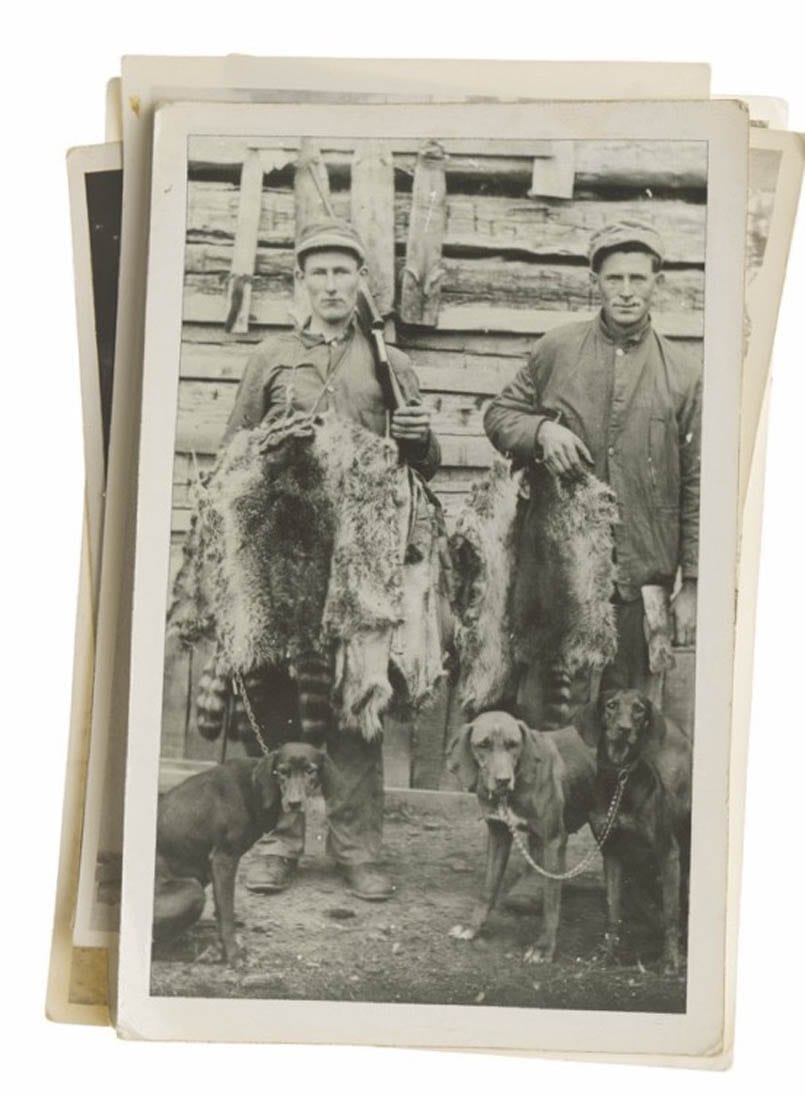31 Dec 2020 Different nows, Different thens
By Vivian Lawson Hogue
When people are musing about “living in the future,” I want to interject that I AM living in the future! Now, I realize there is another future beyond today, but I wish I could just sit and watch it go by.
How will we, our city and area of the state appear in the future? Again, the future is relative to those whose future we are addressing. To a 5–year–old, technology will be business as usual. To those who are “long–in–the–tooth,” it may be intimidating. Someday the 5–year–old will feel the same!
John P. Townsend, a descendant of Faulkner County pioneer families, was born in the Cadron Gap community in 1902. When he wrote his book, “As I Remember …” in 1988, he said that Conway had changed drastically in his 86 years. “My earliest remembrance of Conway is of Front Street as a muddy lob–lolly in fall and winter. I have seen horses and mules sink half–way to their knees in the stiff mud there,” he said.

He stated that there were four grocery stores on Front Street that sold dry goods, clothing, and shoes. With our agricultural economic base, feed and farm implements were sold on credit, with balances to be paid when crops were in. There were wagon yards where county residents could sleep after doing business, which was usually selling cotton and buying home needs. Their horse or mule teams were provided water and feed. The next day, the individuals or families would wind their way many miles to their rural homes.
There were two hotels, the Laman on North Street and the Hotel DeHines on Railroad Avenue, now Parkway and Main streets. Employees would meet the trains and “holler” [drum up business] for their establishments, then either carry bags and escort guests to their hotel or have a two–horse rig to haul guests and luggage. Among other businesses were butcher shops, a harness shop, three cotton gins, and an ice plant. There was even a “picture show” called the “Arkway” on Front and Smith streets. Admission was an ample–sized potato or an egg.
Townsend included in his memories the early Faulkner County fairs, the firefighting system, the town’s patriotic celebration of the end of World War I, and hunting raccoons, commonly known as ‘coon hunting. As Townsend wrote about the early local scenes, he said, “Looking at Conway today [1988] you can hardly believe these conditions ever existed.” I well remember 1988, and some of us know we can hardly believe the city’s changes since then!
Until about 1990, changes came at a steady pace and you could see them coming a little at a time. The 1990s saw acceleration in some things and deceleration in things that had formerly solidified the culture of our town and nation. In the 2000s, our culture was hit by what felt like the Union Pacific’s “Big Boy” No. 4014 steam locomotive and it didn’t even slow down to grab the mail bag off a hook. We became a city. Cotton was gone and our factories would be next.
Suddenly, if you didn’t take typing under Mrs. Tilley or Mrs. Black in high school, you were out of luck unless you learned later to hunt and peck at a computer keyboard. Eventually, it didn’t matter if you used to make boots, billfolds, brooms, or buses in our local factories — your future was in dealing with numbers, computers, and keyboards and doing too much sitting.
Remember when it was important to study Shakespeare’s play “Macbeth” in high school and we had to memorize the words spoken by Scottish General Macbeth? “Tomorrow, and tomorrow, and tomorrow, creeps in this petty pace from day to day… .” What we have known up to now will be different 10 or 20 years from now. The future does not wait, and I have found that no one asks you how you want it.
My own future in the 501 will also be that which is brought about tomorrow and all of those after. Even at a “petty pace,” it will be fine with me. I’ll just sit here and watch my birds and talk to my plants while I wait to hear a mighty shout and God’s first–chair trumpet player. I hear he’s been practicing a lot lately.
- They found their ‘true grit’ - January 5, 2026
- And that’s what Christmas is really all about - December 2, 2025
- Giving thanks - November 4, 2025









